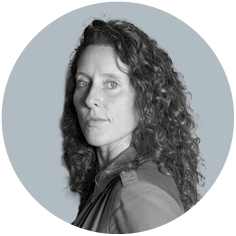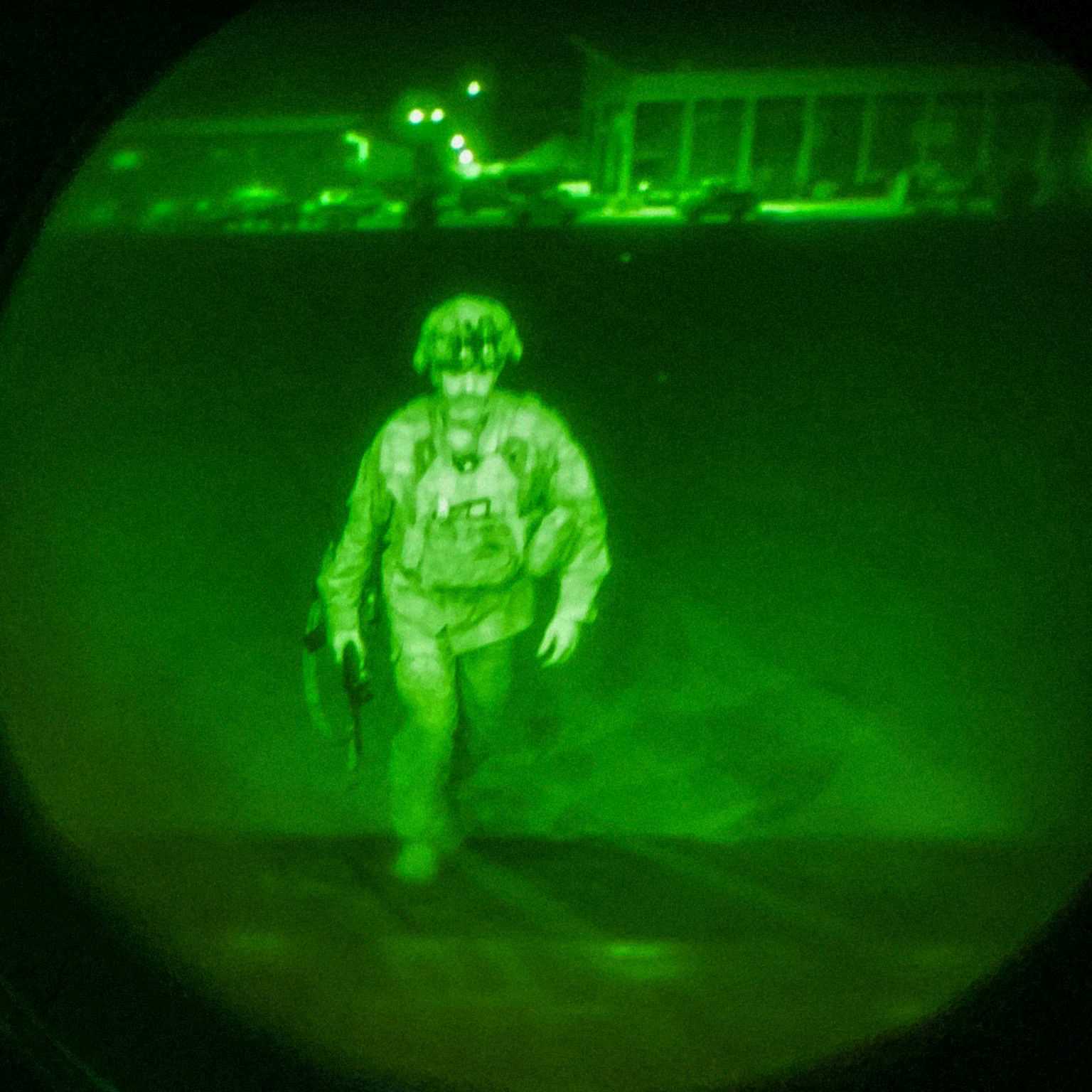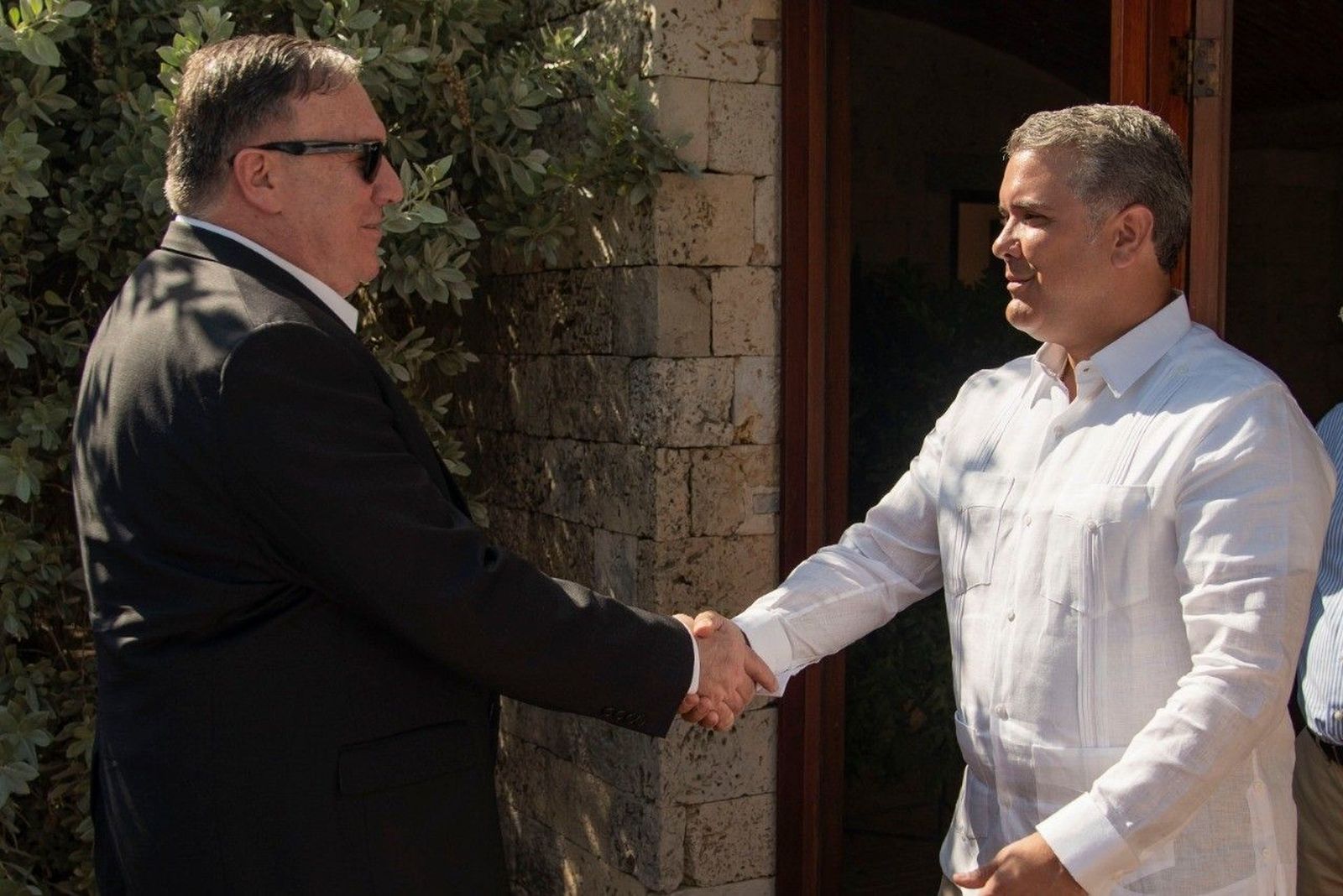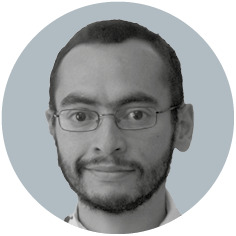Organised crime
“A deal with death”
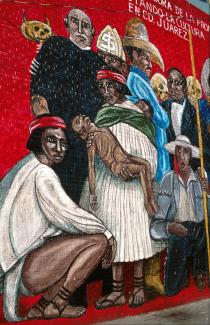
With thousands of victims a year, Ciudad Juárez had the highest murder rate in the world for several years. The murders were the result of bloody clashes between drug cartels, gangs, the police and the military. The violence has receded – but has the situation really improved?
There is still violence in Juárez, though it has become less intense. The murder rate has only dropped because powerful, rival cartels reached agreements with each other. Without fundamental change, the violence can break out again at any minute. The murder rate here is still above the national average. And our public services are below average. We are also at the bottom when it comes to cultural events and programmes.
Why did violence explode in Ciudad Juárez in particular?
Ciudad Juárez lies directly on the border with the US and historically has always been a drug corridor. During prohibition, alcohol was smuggled into the US. A powerful drug cartel developed here. When the Sinaloa cartel tried to drive out the Juárez cartel, many people were killed. Violence also reigns in other parts of Mexico when cartels don’t get along. Young people are used as cannon fodder. Many die, disappear or end up in prison.
Why are the victims and perpetrators so often young people from poor neighbourhoods?
They get involved in the drug trade even though they know that they may die young. They make a deal with death in order to live well in the short term. A brilliant student whom I wanted to help get a scholarship decided to go into the drug business instead. He said that his life was going “nowhere” – and that included what I was offering. At least, he wanted to buy his mother a house with the help of drug money.
So the drug trade is many people’s only option?
Hundreds of young people in Juárez don’t do anything at all: they don’t work or go to school. I don’t want to justify that, but in view of state negligence and the city’s terrible poverty, people have to find ways to solve their problems. They need food, clothing, a place to live et cetera. Drugs don’t kill people. What kills people is government inaction and a lack of solidarity. The state is marred by corruption and lawlessness. It does nothing for the people. Therefore the people have to act somehow. Nobody wants their child to sell drugs – but parents also don’t want their child to starve either.
What is daily life like in poor neighbourhoods?
There is an invisible line separating nice areas from vulnerable neighbourhoods, where the “dormitorios de las maquiladoras”, the factory dormitories, are located. Buses pick up workers from the dormitories at four o’clock in the morning and bring them to the industrial zones. However, the wages are so low that the workers barely have enough money for their daily needs. They are slaving away, and don’t get to spend any time with their children.
Have there been any improvements since you were a child?
There are more schools now, which is actually a consequence of the drug war. That will have long-term benefits. But the problem is that parents have to spend an entire month’s wage on their kids’ text books, bus fares et cetera. Moreover, many young people already have children of their own they have to take care of. Others are supporting their parents or siblings. The local economy has recovered somewhat recently, but the situation remains precarious for many people. The maquiladoras generate a great deal of tax revenue, but none of it goes to the city. Some of that money should be spent on education, culture and health care.
When Felipe Calderón was president, he declared a “war on drugs” and deployed troops to address the problem. Critics say that the military only made the violence worse. Soldiers have been accused of human-rights abuses.
In 2010, 10,000 troops were stationed in Ciudad Juárez. We were caught between the military, the national police and the municipal police. If you only see social problems through the lens of criminality, you will quickly conclude that a society like ours is perverse, not trustworthy and criminal. The security forces kill first and ask questions later. They are pouring gas on the fire. What we need is dialogue and a positive attitude towards the people.
President Enrique Peña Nieto, who has been in office since 2012, has promised to tackle the breeding ground for criminality with the help of welfare policies and preventive measures.
In reality, the situation has gotten worse. Budgets were cut, making it impossible for us to start and even continue measures to improve the lives of the people.
“El Chapo” Guzmán Loera, the head of the Sinaloa cartel and the most wanted drug boss in the world, was arrested in February.
The government prides itself on having caught this dangerous criminal. But the power structure of a cartel does not hinge on a single person. Each person can be replaced by someone else. It is irritating that we have not been told anything about El Chapo’s many national and international connections. He must have had supporters both in the government and in international mafia organisations.
How can the violence be stopped?
It’s a complex problem that will require a complex solution. There is an enormous amount of lawlessness here. Ninety-eight percent of crimes are not followed up by a court conviction. Lawlessness and corruption are two sides of the same coin: both stem from our lack of democracy. Mexicans are only ever presented with interchangeable candidates. When it comes to the common good and our future, the platforms of the two major parties are largely identical. Meanwhile, organised crime is growing – to some extent with the complicity of the state. In order to change all that, we need various forms of solidarity. We need coherent and effective welfare policies, an awareness campaign against corruption and a critical debate about our political and social reality. The violence has made us wary. We distrust one another. We must mobilise residents to take responsibility for their neighbourhoods again. The Internet’s social media help to politicise people. In any case, civil society must hold politicians to account – which is something the politicians don’t like.
Could legalising drugs be part of the solution?
I think that legalising marihuana, like the Uruguayan government did, would help, but I don’t think that all drugs should be legalised. However, it’s clear that too many people are making a living from the drug trade, and that we are paying the price with our lives.
What can civil-society organisations do in this difficult situation?
To make up for the government’s failures, they take on a lot – from feeding poor children to documenting the murders of women. We have painted murals, drawn international attention to our plight and held seminars and debates. As early as 2003, we warned that Juárez had become a model for Mexico’s future. We were right. Our work is risky and painful. Everyone of us has lost friends. Women that I cooperated with were murdered. But we can’t just shut ourselves up in our houses if we want things to get better someday.
Who threatens civil-society activists, journalists and others who are working for change?
We often don’t know. The order to kill may come from politicians, the police, the military or a cartel. The criminals are smart. They know that it’s dangerous for them if we manage to raise civic awareness and solidarity among the citizens. They are thriving on the current situation.
What can the international community do to help?
Mexico ratifies international human rights agreements, but it doesn’t comply with them. In order for that to change, the international community has to work harder to ensure that its agreements are implemented. Ultimately we have been left on our own with the barbarism in Juárez – with poverty, thousands of soldiers and the drug cartels. And now the budgets are being cut. Nobody understands that in a few years, everything will happen again, only this time it will be more extreme and more violent. Furthermore, many of the factories and large corporations in Ciudad Juárez are international. These companies have a social obligation. Yet the owners, even the Mexican ones, don’t live here. Instead, they live in safety in the US – for instance in El Paso, which is right on the other side of the border. They think that what happens here doesn’t affect them. But we need their cooperation in order to make life in Juárez worth living again.
Verónica Corchado is the co-founder of civil-society organisations like Saludo y Bienestar Comunitario, Movimiento pacto por la cultura and Colectivarte. She is working to achieve peace in Ciudad Juárez.
veronicacorchado@yahoo.com
